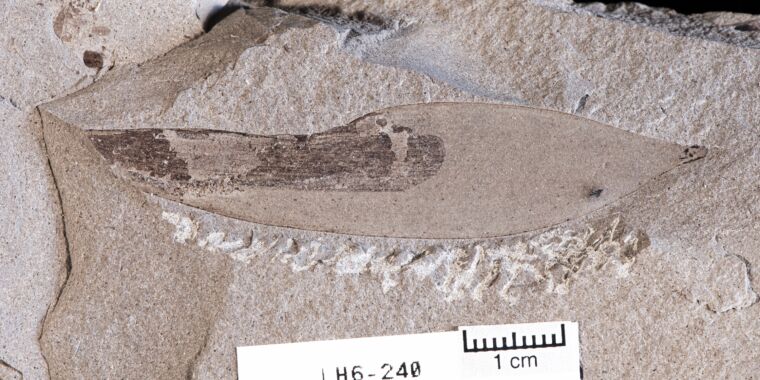
Effect of Indo-Mediterranean diet versus calorie-restricted diet in children with non-alcoholic fatty liver disease: A pilot randomized control trial
Background: Dietary interventions and increased physical activity are the cornerstones for management of the paediatric non-alcoholic fatty liver disease (NAFLD). Though, no specific diet has been proven superior, Indo-Mediterranean diet (IMD) has shown promise in adult literature. Thus, we aimed to compare the effect of IMD and a standard calorie-restricted diet (CRD) in Indian overweight children and adolescents with biopsy-proven NAFLD.
Methods: Thirty-nine consecutive biopsy-proven NAFLD children between the ages of 8 and 18 years were randomized into either IMD or CRD for 180 days, and various parameters were evaluated at baseline and then after 180 days (NCT05073588).
Results: A total of 34 subjects (18 in IMD and 16 in CRD group) completed the study. There was a significantly higher decrease in controlled attenuation parameter (CAP) values (as a marker of hepatic steatosis; on transient elastography) (95% CI: 4.2-73.4, p = 0.042), weight (95% CI: 0.75-5.5, p = 0.046) and body mass index (BMI) (95% CI: 0.21-2.05, p = 0.014) (but not in Pediatric NAFLD Fibrosis Index or PNFI; as a marker of hepatic fibrosis) in IMD group compared to the CRD group. Liver stiffness measurement, serum cholesterol and low-density lipoprotein levels and HOMA-IR decreased only in the IMD group (p < 0.001). Our statistical model showed that delta-Weight was the only independent variable associated with delta-CAP.




/https://public-media.si-cdn.com/filer/9f/61/9f610676-9962-4627-ae89-bf59fc6cb735/lod_mosaic_lower_register_web.jpg)


/cloudfront-us-east-2.images.arcpublishing.com/reuters/UF3LTCUCNJKBHCQTIPTLHWYOSM.jpg)












